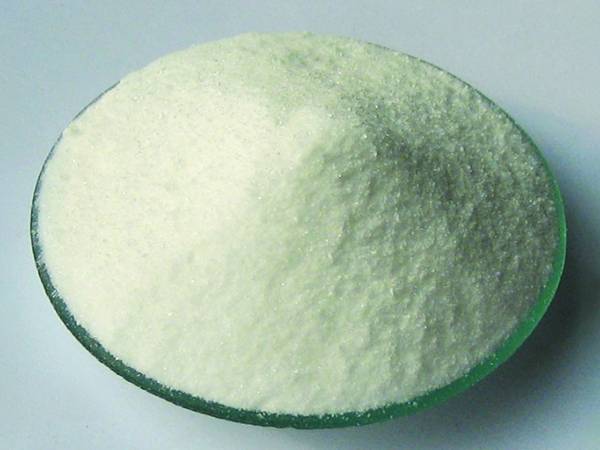



chlorine dioxide safe for humans
Is Chlorine Dioxide Safe for Humans?
Chlorine dioxide (ClO2) is a chemical compound that has garnered attention in recent years, particularly for its applications in water treatment, bleaching, and disinfection. However, its safety for human use has become a topic of considerable debate. Understanding the properties, uses, and potential health implications of chlorine dioxide is essential for making informed decisions regarding its applications.
Is Chlorine Dioxide Safe for Humans?
Despite its beneficial applications, chlorine dioxide is not without risks. Inhaling chlorine dioxide can lead to respiratory issues, including irritation of the airways, coughing, and shortness of breath. Skin contact can cause irritation, and ingestion of concentrated solutions can be harmful or even fatal. These risks are amplified when chlorine dioxide is used improperly or in concentrations higher than recommended.
chlorine dioxide safe for humans

The controversy surrounding chlorine dioxide stems from its advocacy as a miracle cure for various ailments, including COVID-19, despite the lack of scientific evidence to support such claims. Some proponents have suggested that chlorine dioxide can be ingested as a treatment for multiple health conditions. However, regulatory agencies, including the U.S. Food and Drug Administration (FDA) and the World Health Organization (WHO), have issued clear warnings against the consumption of chlorine dioxide solutions. Ingesting chlorine dioxide can lead to severe health consequences, including harmful effects on blood pressure, red blood cell damage, and gastrointestinal issues.
Scientific studies regarding the chronic effects of chlorine dioxide exposure in humans are limited. Most available research focuses on occupational exposure and the potential health effects associated with long-term inhalation. Workers exposed to chlorine dioxide in industrial settings have reported negative health outcomes, reinforcing the need for caution and regulation in its use.
Regulation is another important factor in determining the safety of chlorine dioxide. In the United States, the Environmental Protection Agency (EPA) regulates chlorine dioxide as a pesticide and disinfectant. The allowed concentrations for water disinfection are stringently controlled to ensure safety for human consumption. As chlorine dioxide can be toxic at higher concentrations, unauthorized or unsupervised use poses significant risks to public health.
In conclusion, while chlorine dioxide plays an essential role in water treatment and disinfection, its safety for human use is a nuanced topic. With its potential for harm if misused or ingested inappropriately, it is critical to adhere to established safety guidelines and regulations. Public awareness of the dangers of self-medication and the unregulated use of chlorine dioxide is paramount. Seeking guidance from health professionals and relying on evidence-based treatments are the best practices for ensuring safety and well-being. As research continues to evolve, it is essential to stay informed about the potential risks and benefits associated with chlorine dioxide and its uses.
-
Why Sodium Persulfate Is Everywhere NowNewsJul.07,2025
-
Why Polyacrylamide Is in High DemandNewsJul.07,2025
-
Understanding Paint Chemicals and Their ApplicationsNewsJul.07,2025
-
Smart Use Of Mining ChemicalsNewsJul.07,2025
-
Practical Uses of Potassium MonopersulfateNewsJul.07,2025
-
Agrochemicals In Real FarmingNewsJul.07,2025
-
Sodium Chlorite Hot UsesNewsJul.01,2025










